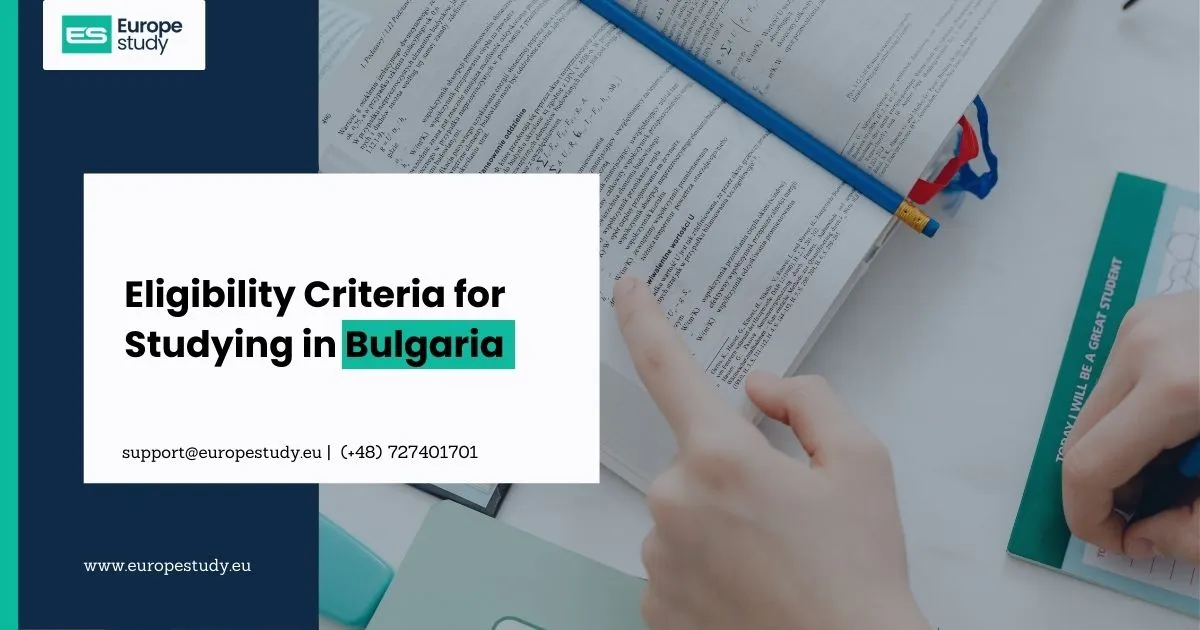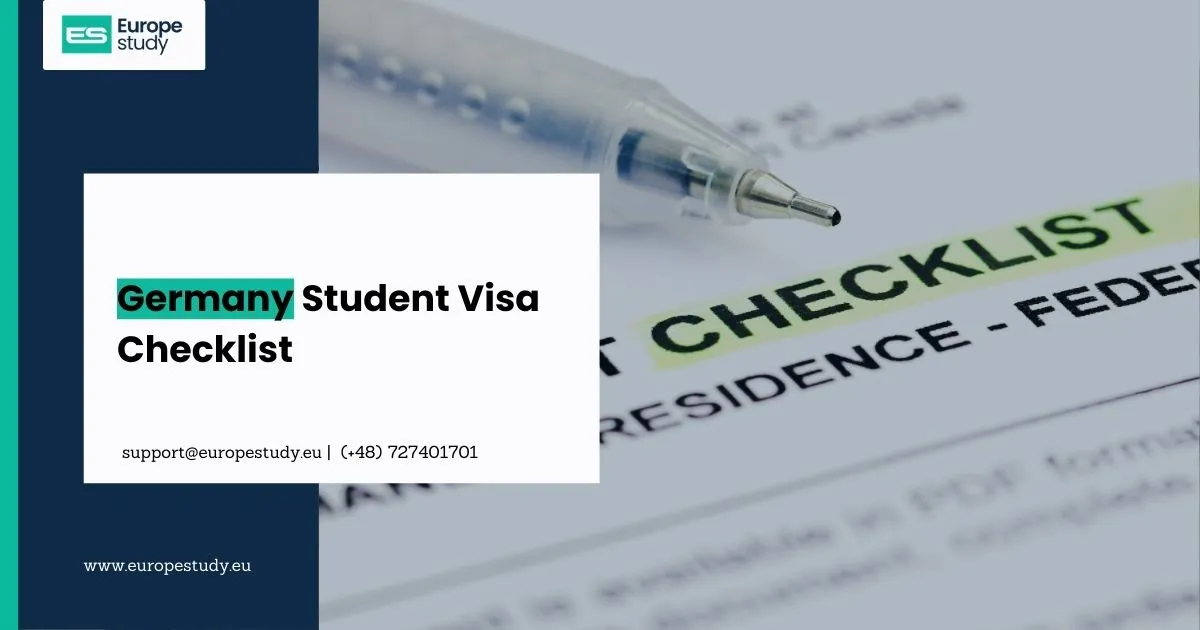
Eligibility Criteria for Studying in Bulgaria
Choosing the right country for your higher education is a significant decision, and understanding the eligibility criteria is a crucial part of this process. Bulgaria has become an increasingly popular destination for international students due to its high-quality education system, affordable tuition fees, and vibrant student life. To help you navigate your study-abroad journey, here is a detailed overview of the eligibility requirements for pursuing a bachelor's or master's degree in Bulgaria.
Eligibility Criteria for a Bachelor’s Degree in Bulgaria
If you are considering studying for a bachelor’s degree in Bulgaria, you need to fulfill specific academic and language requirements. Here’s what you need to know:
1. Academic Qualifications
• School Education: Students must have completed their secondary education, equivalent to the 10+2 level, without any backlogs.
• Grade Requirements: Most Bulgarian universities require a minimum average score of 62% in your secondary school certificate.
• Documentation: You must provide an official copy of your schooling certificate, which should include individual grades for each subject.
2. English Language Proficiency
Since many programs in Bulgaria are taught in English, you need to demonstrate proficiency through standardized language tests. Accepted exams and minimum scores include:
• IELTS: 6.5
• TOEFL: 70
• PTE: 60-70
3. Additional Requirements
Depending on the university and the course, you may need to clear an entrance exam or provide specific certifications. It is advisable to research the program requirements thoroughly to avoid any last-minute surprises.
4. SOP and LOR
• Statement of Purpose (SOP): Most universities require an SOP explaining your motivation for choosing the course, your academic interests, and future goals.
• Letter of Recommendation (LOR): While not always mandatory, some universities may request one or more LORs from previous instructors or employers.
Eligibility Criteria for a Master’s Degree in Bulgaria
If you plan to pursue a master’s degree in Bulgaria, the eligibility criteria are slightly different, with a stronger focus on prior academic qualifications and, in some cases, work experience.
1. Academic Qualifications
• School Education: You must have completed your secondary education (10+2) without any backlogs and provide certificates of completion from recognized schools.
• Bachelor’s Degree: Students are required to have a three-year bachelor's degree or an equivalent qualification, with no pending backlogs. The degree must be accredited by a recognized institution.
2. English Language Proficiency
Similar to bachelor’s programs, students must demonstrate their English language skills through one of the following exams:
• IELTS: 6.5
• TOEFL: 70
• PTE: 60-70
3. Additional Requirements
For certain master’s programs, you may need to clear an entrance exam or demonstrate specific skills. It is essential to verify whether your chosen program has any additional prerequisites.
4. SOP, LOR, and Work Experience
• SOP: A detailed SOP is mandatory for most master’s programs. It should clearly explain your academic background, career aspirations, and reasons for choosing the program.
• LOR: Some universities may request one or more LORs from professors or employers.
• Work Experience: While not always compulsory, some master’s programs, particularly those related to business or management, may require relevant work experience.
Key Takeaways
While the eligibility criteria mentioned above are standard for most universities in Bulgaria, individual institutions may have additional requirements based on the course and program. Therefore, it is recommended to thoroughly review the admission guidelines of your preferred university before applying.
If you need assistance with the application process or have questions about studying in Bulgaria, consulting with experts like Anigdha can help you make informed decisions and ensure a smooth transition into your academic journey.





